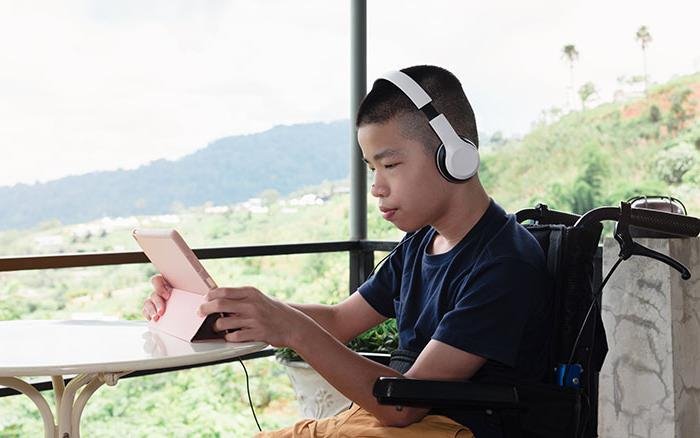One of NAMI’s main goals is to ensure that people get help early. Since mental health conditions typically begin during childhood, adolescence or young adulthood, we have compiled essential information and resources intended to help young people get the mental health support they need.
Jump To :

Having a child that is facing mental health symptoms can be incredibly difficult. To make things easier, explore our information, tips and resources for getting your child the treatment, support and accommodations they need.
LEARN MOREFinding mental health services for your child can often seem like an immense challenge.
Improve your understanding of how to advocate for your child’s needs in school.
Learn the warning signs of a mental health crisis and what to do.

Determining whether certain behavior is normal or a symptom of a mental health condition can be difficult. Learn when to ask for help, how to talk to your friends and family about mental health, and more.
LEARN MORE
If you are experiencing symptoms that are affecting your everyday life, it is essential to seek help. The following information, resources and tips may be helpful during your journey toward finding the right care and support for you.
LEARN MORESuicidal thoughts are common among teens and young adults. If we can identify and support young people who are experiencing mental health symptoms, including thinking about suicide, we have an opportunity to help prevent tragedy.
LEARN MORE
Technology is all around our kids — at school, at home, and in their pockets. Keeping our kids safe and well online is top of mind for many of us. We’re also facing tough questions — how much screen time is too much? When is the right time to get a child a phone? Here are some tips to help you and your family navigate social media together!
LEARN MORE

Mental health conditions typically begin during childhood, adolescence or young adulthood, here you will find additional information intended to help provide young people, educators, parents and caregivers with the resources they need.
LEARN MORE
School breaks offer a much-needed pause from academics and a busy school schedule. Students can take this time to relax and get back into activities they didn’t have time for while they were in school.
LEARN MOREStudents and their families take a big hit to their daily schedules when school breaks occur. Every family’s situation is different, but our tips can help make things a little easier.
This section provides insight into how you as a parent can communicate with your children effectively and support what they need to maintain their mental health.
Thank you to our partners for helping us spread information and resources to our younger audiences. One of our most important goals is to ensure that people get help early and these resources contribute to that goal.
A presentation for middle and high school students, school staff and parents or guardians.
LEARN MOREA presentation by people with mental health conditions to promote awareness and recovery.
LEARN MOREAcross the country, thousands of trained volunteers bring peer-led programs and lived experience to your community.
LEARN MORE
Fighting for Black Mental Health

Depression & Anxiety: Mental Health Advocate Goes Viral

Bullying: Let's Talk About It

How Young Adults Can Seek Help

#NotAlone Conversation – Heading Back To School

Who To Talk To About Mental Health

Navigating College, Protecting Your Mental Health

Making A Mental Health Plan

College Guide

10 Common Warning Signs Of A Mental Health Condition
NAMI HelpLine is available M-F, 10 a.m. – 10 p.m. ET. Call 800-950-6264,
text “helpline” to 62640, or chat online. In a crisis, call or text 988 (24/7).